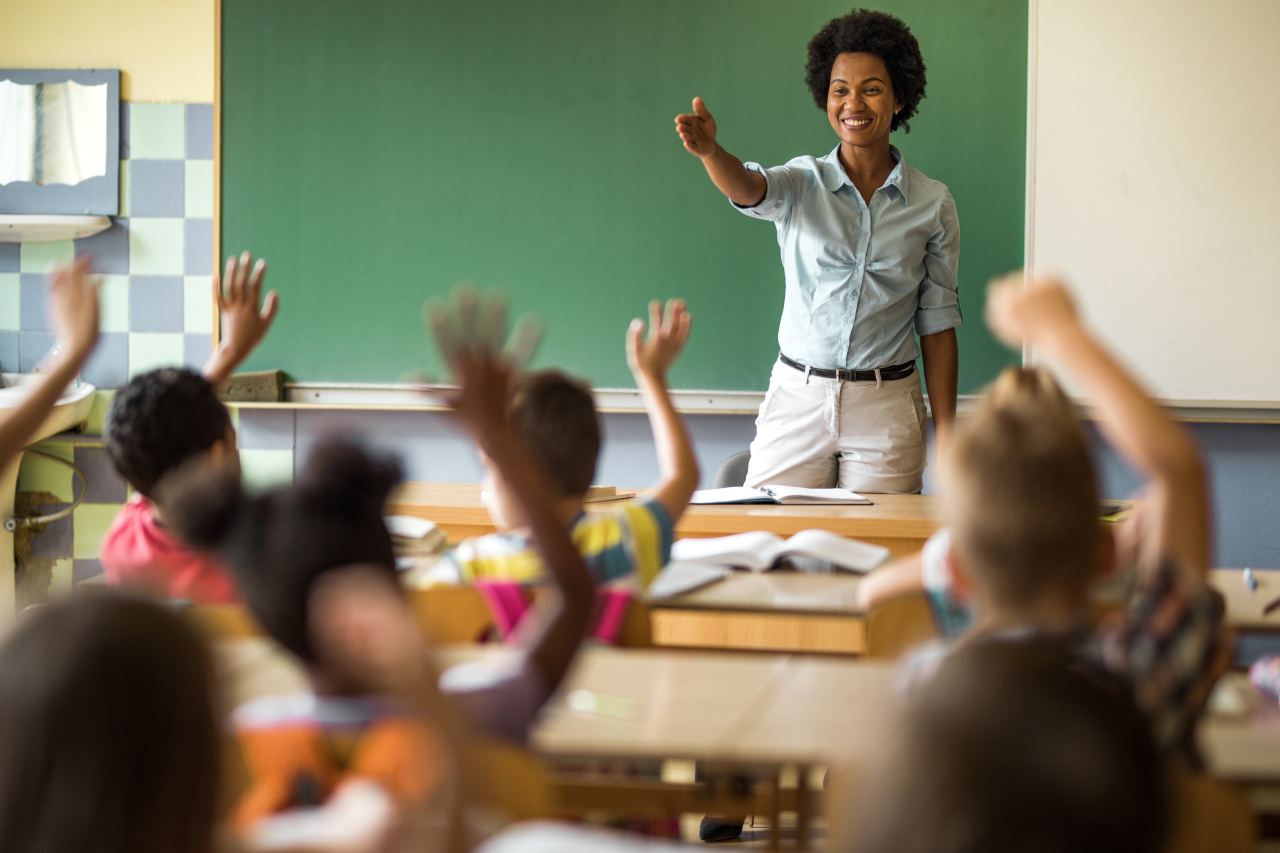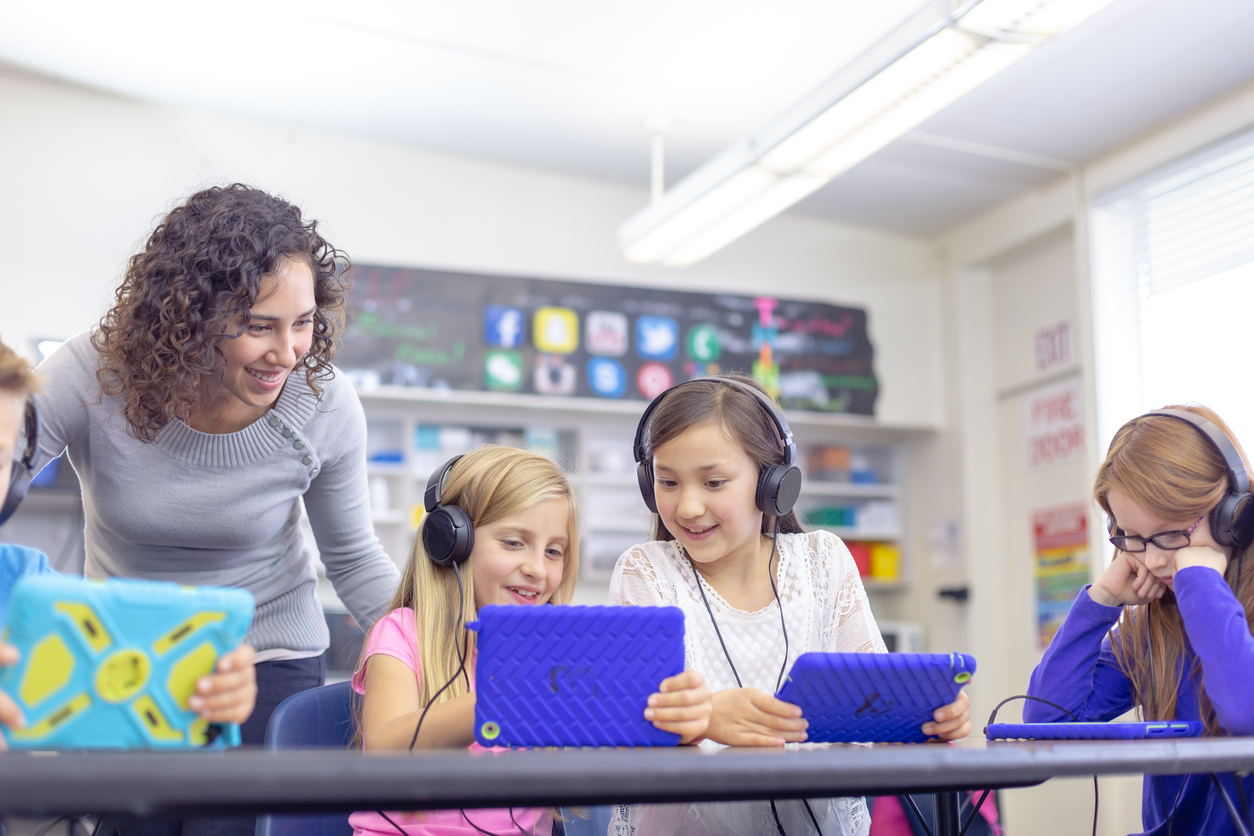Primary Science Tuition Singapore for Building Confidence in Science
Primary Science Tuition Singapore for Building Confidence in Science
Blog Article
Discover the Necessary Benefits of Comprehending Key Science for Young Students
The relevance of primary science education for young learners prolongs far past plain understanding procurement; it offers as a fundamental pillar in developing essential abilities such as essential thinking, analytical, and imagination. Engaging with scientific concepts via interactive and inquiry-based tasks not only grows curiosity however also lays the groundwork for resistant, positive learners.
Enhancing Vital Thinking Skills
Fostering essential assuming skills in young students is necessary for their cognitive growth and future academic success. Crucial reasoning enables children to assess info, review proof, and make notified decisions, which are important abilities in today's information-rich society. By engaging in clinical inquiry, young learners can boost these abilities as they discover concepts through experimentation, thinking, and monitoring.
In main scientific research education, teachers can assist in vital reasoning by encouraging students to ask concerns, formulate hypotheses, and perform experiments. This hands-on approach enables kids to exercise analytic and develop rational thinking skills. When trainees explore the residential or commercial properties of products or the concepts of activity, they find out to assess their searchings for critically and attract verdicts based on evidence.
In addition, discussions and joint tasks can advertise vital thinking by offering opportunities for students to articulate their thoughts, challenge presumptions, and take into consideration varied perspectives. By developing a helpful environment that values query and representation, teachers can nurture vital assuming abilities that empower young students to end up being lifelong learners and independent thinkers. Eventually, improving these abilities lays a robust foundation for their future academic endeavors and personal development.
Promoting Inquisitiveness and Expedition

Key science education and learning offers a structured setting where young students can explore various phenomena with hands-on experiments and observations. By permitting them to communicate with products and engage in inquiry-based knowing, educators create chances for kids to develop hypotheses, evaluate their concepts, and reason. Such experiences support a feeling of marvel and exhilaration concerning science.

Structure Self-confidence in Issue Fixing
Building self-confidence in analytic is an important component of key science education that encourages young learners to come close to challenges with strength and creative thinking - primary science tuition Singapore. They develop important abilities in important reasoning and evaluation when youngsters are encouraged to involve with scientific concepts with hands-on tasks and inquiry-based learning. This process not only improves their understanding of clinical concepts but additionally cultivates a feeling of ownership over their understanding
To build self-confidence, teachers must develop a helpful atmosphere where mistakes are checked out as chances for development instead of failures. This encourages pupils to take risks and discover different solutions to troubles. By supplying scaffolding and support, instructors can aid students browse intricate tasks, gradually enhancing their independence in analytical circumstances.
In addition, collective knowing experiences, such as team tasks or experiments, can better boost students' confidence as they learn to express their thoughts and pay attention to others' viewpoints. These interactions nurture social abilities and strengthen the idea that analytic is often a cumulative undertaking. Eventually, growing self-confidence in analytical prepares young students for future scholastic difficulties and outfits them with the tools necessary for lifelong understanding.
Motivating Creative Thinking and Advancement
In the realm of primary scientific research education, urging imagination and advancement is crucial for growing a dynamic discovering environment. By fostering a culture where young students can explore ideas and experiment freely, instructors assist students develop essential believing abilities and an enthusiasm for exploration. Creative thinking in science motivates children to ask inquiries, create theories, and engage in hands-on tasks that promote their imagination.
Incorporating flexible jobs and inquiry-based understanding right into the educational program permits students to express their distinct viewpoints and options. As an example, when charged with fixing a trouble pertaining to their atmosphere, trainees can brainstorm multiple methods, resulting in inventive results that showcase their originality. This not just deepens their understanding of scientific concepts but additionally infuses a sense of possession over their discovering procedure.
Additionally, innovative scientific research education supports cooperation amongst peers, as pupils frequently share concepts and improve each other's insights - primary science tuition Singapore. This joint spirit promotes not only advancement however additionally important social abilities. Hence, by prioritizing imagination and innovation in key science education and learning, we empower young learners to think seriously, welcome challenges, and visualize opportunities, laying a solid foundation for lifelong learning and exploration
Planning For Future Knowing Obstacles
Young students' ability to navigate future learning challenges depends upon a strong foundation in main science education and learning. This foundational understanding furnishes pupils with crucial believing abilities and an organized strategy to analytic, crucial website link for dealing with intricate problems in an ever-evolving world. Main scientific research promotes inquiry-based discovering, urging students to ask inquiries, explore hypotheses, and engage in hands-on experiments.
As they page create these abilities, learners come to be experienced at analyzing information, identifying patterns, and attracting educated verdicts. Such competencies are crucial not only in clinical fields however likewise in engineering, math, and technology (STEM), where interdisciplinary expertise is progressively essential.
In addition, primary science education and learning cultivates a sense of interest and durability in young learners, allowing them to watch obstacles as chances for growth. As they encounter and conquer barriers in their scientific expeditions, they build confidence in their capability to innovate and adjust.
Eventually, a solid structure in primary science not just prepares young learners for scholastic searches but also furnishes them with the devices required for long-lasting learning and adaptability in a quickly changing global landscape. By buying key science education, we are purchasing the future potential of our learners.
Conclusion
Recognizing primary science is critical for young learners, as it fosters essential reasoning, curiosity, and creativity. Eventually, the advantages of primary scientific research education and learning prepare children for future scholastic pursuits and impart long-lasting understanding behaviors important for growing in an ever-evolving globe.
The relevance of primary science education for young students prolongs far past simple knowledge acquisition; it offers as a fundamental column in developing vital abilities such as important thinking, analytical, and creative thinking. By producing a helpful atmosphere that values inquiry and reflection, educators can nurture crucial assuming abilities that empower young students to become lifelong learners and independent thinkers. Hence, by prioritizing imagination and development in primary scientific research education, we encourage young students to assume seriously, accept difficulties, and go to the website picture possibilities, laying a strong foundation for lifelong learning and expedition.
Young students' capability to browse future understanding challenges hinges on a solid foundation in main science education and learning.Recognizing primary science is essential for young learners, as it fosters crucial thinking, inquisitiveness, and creative thinking.
Report this page